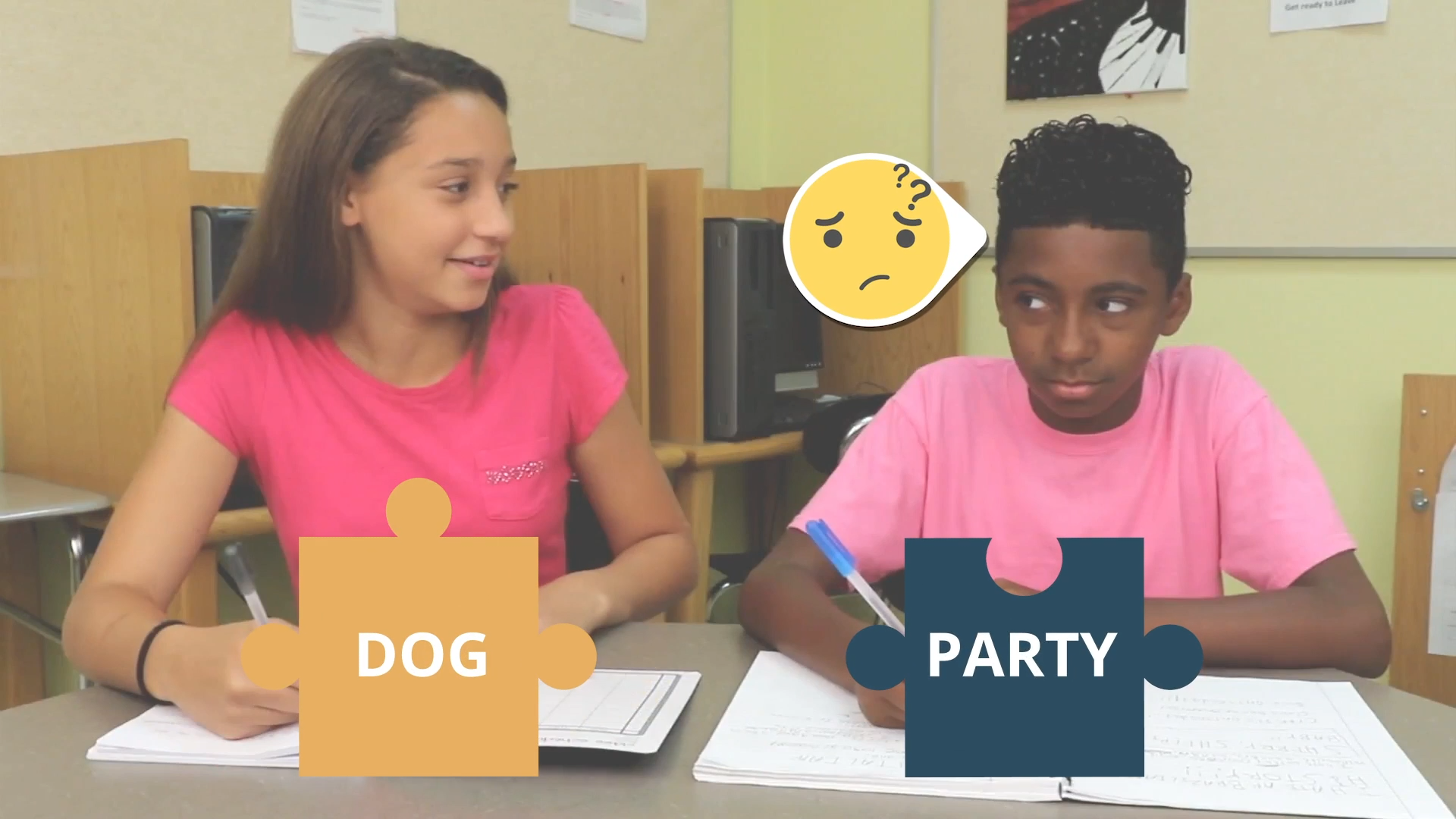Introduction:
Effective communication is a vital skill for students to develop as they navigate their social and academic lives. One essential aspect of communication is the ability to stay on topic during conversations. Staying on topic means that both parties discuss the same subject, ensuring that their comments connect back to what the other person said. This blog post will introduce an easy, no-prep activity to help educators teach their students the importance of staying on topic in conversations, provide discussion questions to deepen understanding, and suggest related skills for further development.
No-Prep Activity: The Topic Train
This simple activity requires no preparation or materials from the educator. The goal is to help students practice staying on topic by envisioning a conversation as a train traveling along a track. Here’s how it works:
- Ask your students to form pairs or small groups.
- Assign a conversation topic to each pair or group (e.g., a recent school event, a favorite hobby, or an upcoming holiday).
- Explain that the conversation is like a train traveling on a track, and each student’s comments should stay on the same track (the assigned topic).
- Give the students a few minutes to engage in conversation while focusing on staying on topic.
- Afterward, have a class discussion about how the activity went, what challenges they faced, and what strategies they used to stay on topic.
Discussion Questions
Use these questions to stimulate further discussions about the importance of staying on topic in conversations:
- Why is it important to stay on topic during a conversation?
- How can you tell if someone is not staying on topic? How does it make you feel when that happens?
- What strategies can you use to help yourself stay on topic during a conversation?
- How does staying on topic contribute to building better relationships with others?
- Can you think of a time when you or someone else struggled to stay on topic? What was the outcome, and what could have been done differently?
Related Skills
Teaching students to stay on topic in conversations is a crucial aspect of social-emotional learning. Here are some additional related skills that can help students become better communicators:
- Active listening: Encourage students to focus on what the other person is saying and respond thoughtfully.
- Asking open-ended questions: Teach students to ask questions that require more than a yes or no answer to keep the conversation flowing and on topic.
- Reading non-verbal cues: Help students recognize and interpret body language, facial expressions, and tone of voice to better understand the conversation.
- Empathy: Foster students’ ability to understand and share the feelings of others, which can lead to more meaningful conversations.
Next Steps
Teaching students to stay on topic in conversations is an essential skill that will benefit them throughout their lives. If you’re interested in exploring more resources to help you teach social-emotional skills, sign up for free samples of the discussed skill and others at Everyday Speech. These materials can enrich your lesson plans and support your students in developing effective communication strategies.






